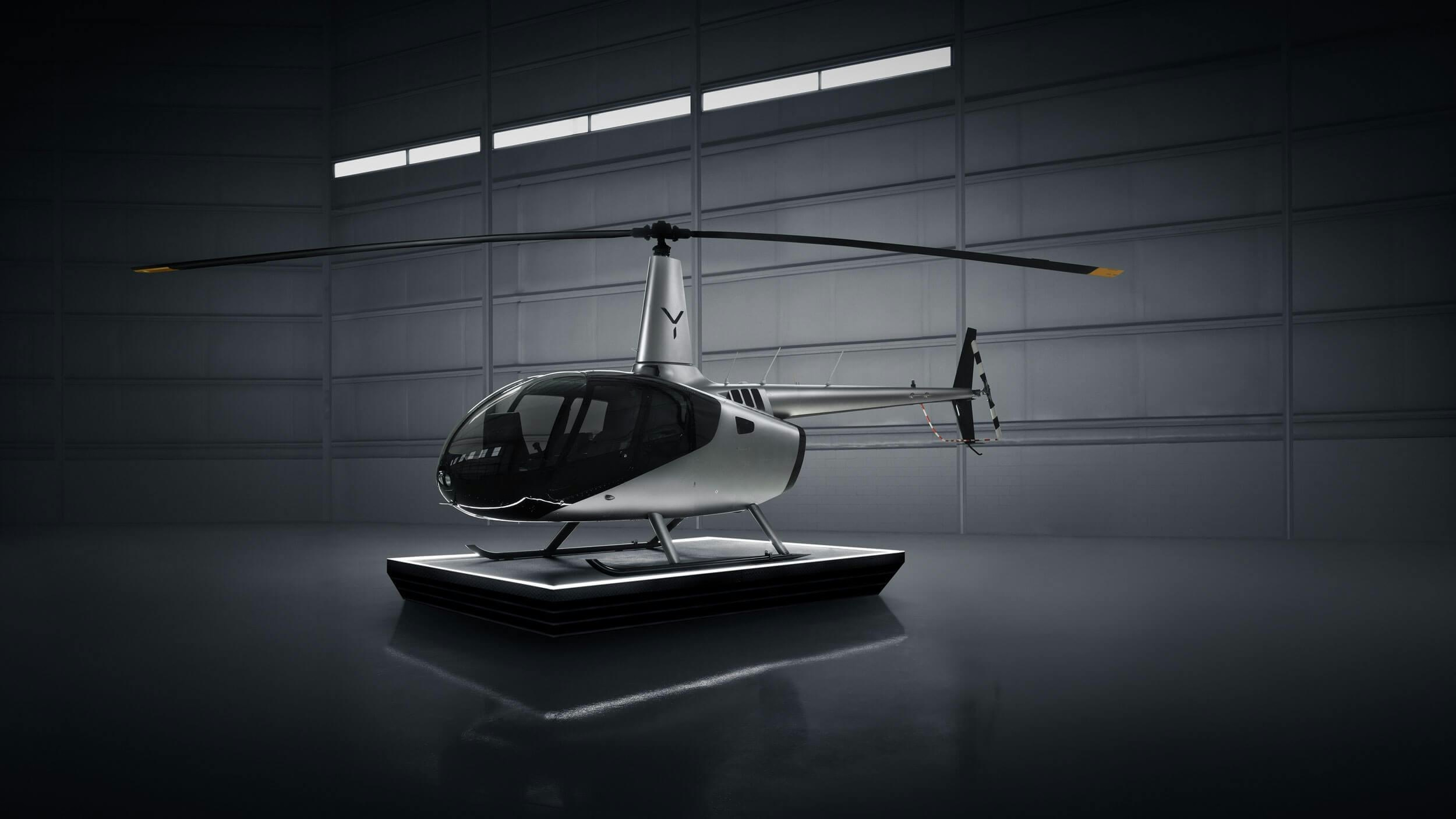AeroGenie — Il tuo copilota intelligente.
Tendenze
Categories
Skyryse Introduces 'Skylar,' an AI Flight Assistant

Skyryse Launches 'Skylar,' an AI Flight Assistant Transforming Cockpit Operations
Skyryse has introduced Skylar, an advanced artificial intelligence (AI) flight assistant designed to enhance aircraft communication, navigation, and operational efficiency. Integrated within Skyryse’s SkyOS platform—a hardware and software system compatible with various aircraft—Skylar utilizes real-time data from flight controls, localization systems, engines, and other aircraft components to streamline cockpit management and improve pilot safety.
Enhancing Pilot Support Across Flight Phases
Skylar functions as a continuous, intelligent co-pilot, assisting pilots throughout all stages of flight, from pre-flight planning and startup to in-flight operations and shutdown. By automating routine tasks and delivering actionable insights, the assistant aims to reduce pilot workload and elevate situational awareness, thereby contributing to safer and more efficient flights.
The system’s capabilities include automatic listening, transcription, and interpretation of critical communications such as ATIS and ATC messages, including NOTAMs, weather updates, and hazard advisories. Skylar maintains a comprehensive log of air traffic control interactions and offers context-sensitive response suggestions aligned with the aircraft’s current status and intended maneuvers. Pilots can execute ATC instructions, such as altitude changes, with a simple swipe through SkyOS’s Autoflight feature.
In addition, Skylar actively monitors surrounding air traffic via ADS-B data, enhancing navigation and awareness in congested airspace. It assists in building and filing optimized flight plans by incorporating real-time weather and traffic information, thereby reducing manual input and enabling advanced routing options. The assistant also automates checklist procedures by analyzing hardware data to detect system anomalies during pre- and post-flight inspections, leveraging insights from previous flights and fleet-wide data.
Further functionalities include route optimization and fuel consumption calculations that factor in weather conditions and estimated speeds, offering recommendations for efficient routing and alternate airports when necessary. Skylar continuously monitors weather phenomena such as SIGMET events and evaluates TAF and METAR reports along the flight path, providing timely alerts about adverse weather, icing, or instrument flight rules (IFR) conditions.
Navigating Regulatory and Market Challenges Amid AI Expansion
Skyryse’s introduction of Skylar arrives at a time when the aviation sector is grappling with evolving regulatory frameworks, particularly in light of recent drone policy updates and leadership changes at industry firms like Ascent. Ensuring compliance with emerging regulations presents a significant challenge for AI-driven flight systems, as authorities strive to keep pace with rapid technological innovation.
The competitive environment is intensifying as major technology companies, including Alibaba, accelerate their AI initiatives, driving growth in cloud computing and related sectors. While this surge fuels optimism, it is tempered by a broader market reassessment, with investors and industry leaders adopting a cautious stance toward AI integration.
Beyond aviation, the global hotel industry’s increasing emphasis on system connectivity and integrated AI solutions reflects a wider trend toward automation and intelligent operations. These developments may influence the adoption and perception of AI assistants like Skylar, as industries seek seamless, data-driven tools to enhance operational efficiency and safety.
By unveiling Skylar, Skyryse positions itself at the forefront of aviation innovation, navigating the intersection of cutting-edge AI technology and the complex regulatory and market dynamics shaping the future of flight.

Emirates Unveils Cabin Design for New Boeing 777X

Eighteen Years On, the Airbus A380 Remains Central to a $34 Billion Airline

How a boom in luxury airline seats is slowing down jet deliveries

Navitaire Outage Attributed to Planned Maintenance

DigiYatra Debuts Outside Aviation at India AI Impact Summit

Vietnam Orders Strengthen Boeing’s Commercial Outlook

Airbus Signals Uncertainty Over Future A400M Orders

JobsOhio Awards $2 Million Grant to Hartzell Propeller for Innovation Center

Collins Aerospace Tests Sidekick Autonomy Software on YFQ-42A for U.S. Air Force CCA Program

How the Airbus A350-1000 Compares to the Boeing 777
